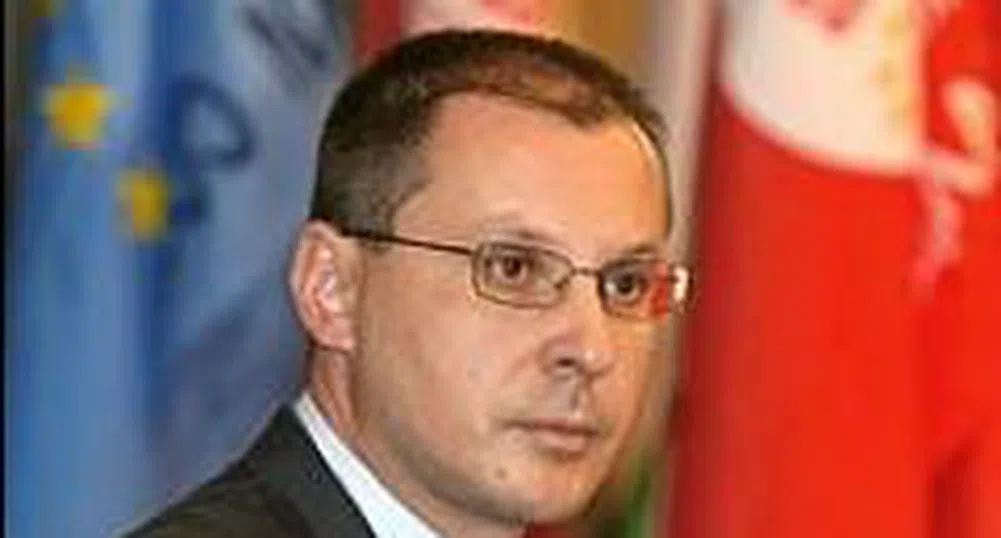PM Stanishev Warns Sanctions Could Boost Extremists

Brussels risks undermining Bulgaria's government and boosting political extremists if it imposes tough sanctions on Sofia for failures in tackling corruption and organized crime, Bulgaria's prime minister Sergey Stanishev said in an interview for the Financial Times.
"Speculation that the European Commission will have to punish us . . . and make an example of us . . . will actually harm the reform process, because a very negative political report [from Brussels] will harm the people who are doing their best to implement the reforms," the PM said during the interview.
He warned that tough action from the Commission could boost opposition politicians, including leaders of Ataka, the nationalist party, who would play "their politico-economic games" and promote the idea that Bulgaria was being treated "like a second-class member of the European Union".
Mr Stanishev was speaking amid fears in Sofia that a report the Commission is preparing on Bulgaria's progress on tackling organized crime and corruption could be very critical. Brussels is due to publish reports in the next few weeks on Bulgaria and neighboring Romania, which were put under special monitoring when they joined the EU in January 2007.
Both countries were slammed over corruption in an interim Commission report in February that was particularly tough on Bulgaria over organized crime. Since then, Brussels has also suspended some payments of pre-accession aid to Sofia after allegations of financial wrongdoing emerged from the state highways agency.
Mr Stanishev responded with a government reshuffle and a wave of high-level personnel changes in offices including the highways agency, the interior ministry and the customs service. New laws on public procurement and conflict of interest are imminent. Land border duty-free shops, seen by Brussels as a focus for corruption, are to be closed. There have also been arrests of alleged criminals and corrupt officials.
But with little time before the report is published, it is difficult to see how the Commission can judge the effectiveness of these recent measures. It has powers under the monitoring procedures to impose penalties, including proposing that other EU states stop recognising Bulgarian and/or Romanian court decisions. But some EU diplomats question whether this would have much effect.
Mr Stanishev's Socialist-led center-left coalition, which faces elections next year, is already unpopular and under strong pressure from center-right parties.
The prime minister said he welcomed constructive criticism from Brussels but asked for understanding. "It takes time to impose these new European standards. If you compare Bulgaria to Sweden, the Netherlands or Britain, you will see many problems still . . . but [those countries] have had hundreds of years of democracy and market economy. We have 20 years behind us and, in that period of time, it is a revolution what we have achieved, not only in our institutions and our economy but also our mentality."
He also emphasized the government's aim was further long-term progress with reforms, not just satisfying the Commission at this time and ending the suspension of pre-accession funds. Long-term reforms would deliver a "a better functioning system" in the end, he said. "If the suspension is lifted and we carry on as before, what will be the point? It will only be temporary."
)
&format=webp)
&format=webp)
&format=webp)
&format=webp)


&format=webp)
&format=webp)